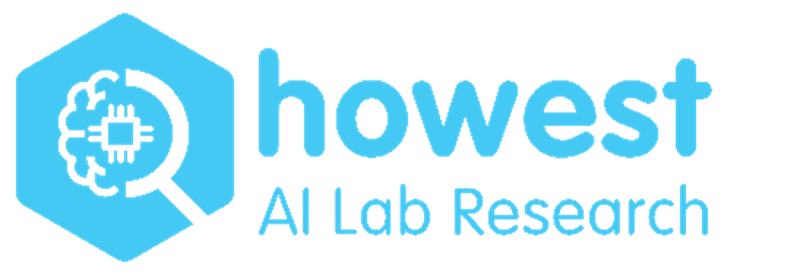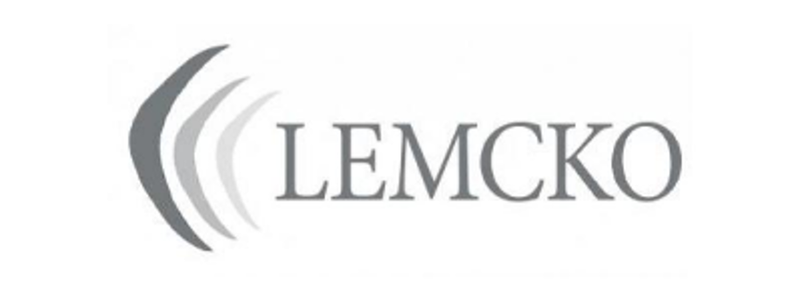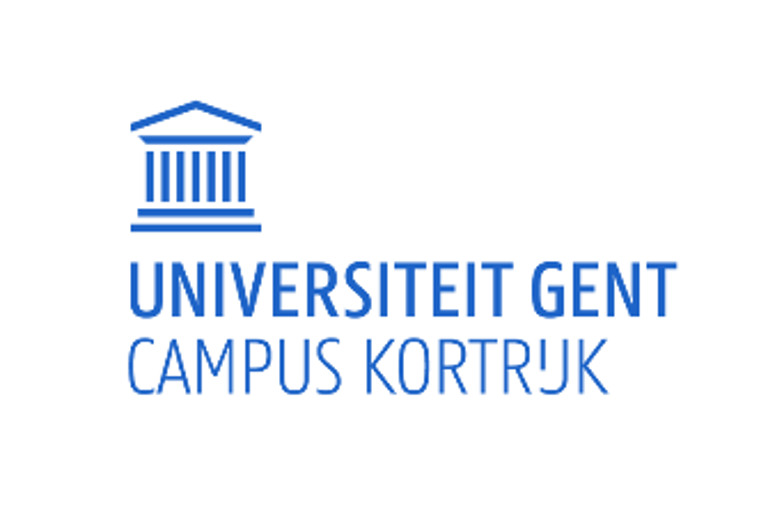TETRA: EnergyWise
/
TETRA: EnergyWise
Hoe kan AI-gebaseerde analyse van energieverbruikprofielen bijdragen aan energieoptimalisatie en de creatie van een duurzaam verdienmodel voor energiemanagementsystemen. Het resultaat moet een objectief en onderbouwd advies vormen voor MKB's om zowel energiekosten als de ecologische voetafdruk te minimaliseren. De potentiële flexibiliteit die kan worden benut via een energiemanagementsysteem wordt bepaald. Dat is de focus van EnergyWise.
Energy Lab Howest
Main section
Kerngegevens
/
TETRA PROJECT
/
ENERGIE
/
ARTIFICIAL INTELLIGENCE
AI-gedreven inzichten voor optimaal energiebeheer en duurzame winstgevendheid
Kansen en uitdagingen in energiebeheer
Hernieuwbare energie staat onder druk in de huidige energiemarkten: sterk variërende energiekosten en de opkomst van nieuwe marktmodellen maken het verdienmodel van hernieuwbare energiebronnen moeilijk te beoordelen. Aan de andere kant worden duurzaamheid en CO2-reductie steeds belangrijker voor bedrijven. Deze dualiteit betekent dat er meer dan ooit behoefte is aan goed onderbouwd advies voor toekomstige investeringen.
Hedendaagse bedrijven met hernieuwbare energie-installaties staan voor verschillende uitdagingen in hun energiebeheer:
- Overproductie en inefficiëntie:Veel installaties, zoals zonnepanelen, worden geïnstalleerd zonder het verbruikprofiel af te stemmen, wat leidt tot energieoverschot en verspilling. Optimalisaties gericht op zelfverbruik zijn essentieel.
- Fluctuerende dag- en intradagenergiekosten, veroorzaakt door zowel hernieuwbare als nucleaire energieproductie, bieden kansen voor optimaal energiebeheer. Veel bedrijven missen echter de kennis om effectief te reageren. Prijsvolatiliteit maakt hernieuwbare installaties minder winstgevend, terwijl de energiekosten stijgen door een dubbel effect: lage energieprijzen tijdens pieken in de zonneproductie en hoge tarieven op andere momenten. Dit bemoeilijkt een stabiel verdienmodel en vereist strategische aanpassingen in energiebeheer.
- Congestieproblemen:Het is belangrijk om te overwegen hoe slim energiebeheer kan helpen congestie te voorkomen, zoals een overschot aan elektriciteit uit hernieuwbare bronnen, en duurzame groei te bevorderen.
Energiebeheer in een complexe marktomgeving
Veel bedrijven proberen de kosten van hun geproduceerde eindproduct zo laag mogelijk te houden. Dit is een enorme uitdaging vanwege de variërende energieprijzen en de steeds stijgende kosten van grondstoffen, bijvoorbeeld. Om de energiekosten te beheersen en de duurzaamheid te vergroten, wordt er steeds meer nagedacht over procesoptimalisatie of investeringen in flexibiliteitsoplossingen, zoals batterijcontainers en E-ketels. Daarnaast,Europese CSRD(Richtlijn inzake bedrijfsduurzaamheidsverslaggeving)regelingenspeelt een cruciale rol, omdat ze van bedrijven vereisen om transparanter te zijn over hun duurzaamheidsprestaties. Dit vraagt om op maat gemaakte oplossingen die de energietransitie niet alleen technisch maar ook economisch ondersteunen.
A gepersonaliseerd, neutraal rekenmodeldie inzicht biedt in hoe specifieke activa of technologieën de energieconsumptie en efficiëntie beïnvloeden, ontbreekt vaak. Energieoptimalisatie wordt momenteel vaak op een algemene manier benaderd, zonder oplossingen die volledig passen bij unieke bedrijfsprocessen. Dit maakt het moeilijk voor bedrijven, vooral MKB's, om technologieën te kiezen die passen bij zowel hun consumptie- als productiepatronen als hun duurzaamheidsdoelen.
TETRA-project EnergyWise: Strategisch energiebeheer.
Ons project EnergyWise beantwoordt deze behoefte door een energiebeheertool te creëren die bedrijven, en specifiek MKB's, helpt strategisch om te gaan met de uitdagingen en kansen in de energiemarkt. Deze tool is ontworpen om bedrijven te ondersteunen in hun energiebeheer en hen te begeleiden bij het investeren in technologieën die bijdragen aan duurzame winstgevendheid. Onze oplossing heeft als doel:
- Sector- en profielspecifiek advies
Via AI bepalen we gebruikersprofielen op basis van sector, energiebehoeften en technologieverbruik. Deze inzichten worden vervolgens geïntegreerd in de tool, waardoor gestandaardiseerde bedrijfsprofielen ontstaan die bedrijven inzicht geven in typische energieverbruik- en productiepatronen binnen hun categorie.
- Risicoanalyse voor investeringen
De tool stelt bedrijven in staat om simulaties uit te voeren die gericht zijn op het maximaliseren van energieopwekking uit hernieuwbare bronnen. Deze simulaties bieden concrete aanbevelingen om risico's te verminderen en optimaal te reageren op marktontwikkelingen, zoals de nieuwe congestiemodellen van Fluvius.
- Optimalisatie
Door onderbouwd advies te geven over energieverbruik en productiepatronen, helpt de tool bedrijven om processen beter af te stemmen op hun eigen verbruik. Dit leidt tot een efficiënter gebruik van energie en een vermindering van energiekosten.
Hoe wordt dit bereikt?
- Toepassings in verschillende sectorenDe tool is ontwikkeld en getest met gebruiksgevallen uit verschillende sectoren. Dit zorgt voor brede toepasbaarheid en praktische relevantie.
- Gegevensgestuurde rapportenBedrijven ontvangen duidelijke rapporten met visualisaties van hun energieprofielen, risicoanalyses en optimalisatiepotentieel. Deze rapporten zijn zowel praktisch als strategisch bruikbaar, waardoor bedrijven snel actie kunnen ondernemen.
Met deze aanpak willen we bedrijven helpen niet alleen de uitdagingen op de energiemarkt het hoofd te bieden, maar ook kansen te grijpen om hun concurrentiepositie en duurzaamheid te versterken.
Bottom section
Geïnteresseerd in dit project?
Bent u een bedrijf of organisatie die op zoek is naar innovatieve manieren om de energie-efficiëntie en winstgevendheid te verbeteren? Sluit u dan aan bij de ondersteuningsgroep van ons project! U kunt actief deelnemen door een gebruiksgeval aan te bieden, of passief deelnemen door mee te volgen en te interactie tijdens de vergaderingen en informatieoverdrachten.
Contactinformatie
- Jurgen Van Ryckeghem - jurgen.van.ryckeghem@howest.be
- Charlotte Larmuseau - charlotte.larmuseau@howest.be




Contributors
Researchers
/
AI Lab, AI experts in Bruges and Kortrijk
/
Energy Lab, Energy experts in Kortrijk
Want to know more about our team?
Visit the team page

